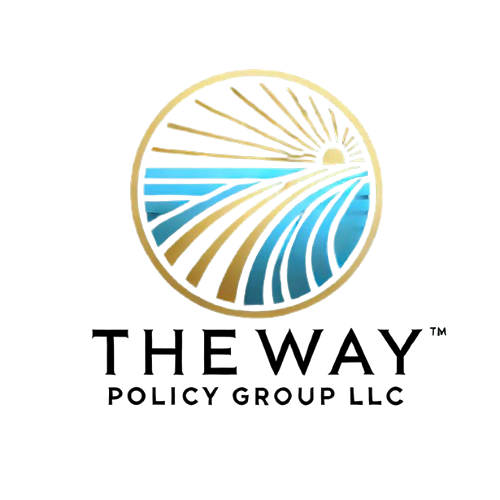Explore the significance of international policies and their impact on achieving success in global markets. Describe how your group provides consultancy in navigating these policies, citing examples of how policy consulting has helped businesses address global challenges.

In today’s interconnected world, understanding and navigating international policies is vital for businesses striving to succeed in global markets. International policies encompass a broad spectrum, including trade agreements, regulatory standards, environmental protections, and human rights considerations. Each of these elements influences how businesses operate across borders and directly impacts their ability to compete and grow on the global stage. As international regulations evolve in response to changing economic, political, and environmental landscapes, businesses face the constant challenge of staying compliant while maintaining competitiveness.
Our group specializes in international policy consulting, offering clients the expertise they need to interpret, navigate, and leverage international policies to their advantage. By providing insights into regulatory requirements and policy trends, we help businesses make informed decisions, avoid costly compliance issues, and mitigate potential risks. Our consultants bring a wealth of experience in diverse markets and industries, enabling us to tailor our strategies to meet each client’s unique needs and objectives.
For example, we recently assisted a technology firm aiming to expand into the European market, where strict data protection laws and privacy regulations, such as GDPR, posed a significant hurdle. By offering policy guidance and compliance strategies, we helped the firm align its operations with these regulations, enabling a smooth entry into the market without delays or legal setbacks. In another case, we worked with a manufacturing company looking to expand its export operations amidst shifting trade policies and tariffs. Our policy consulting team provided strategic insights and tailored recommendations that allowed the company to re-evaluate its supply chain and explore alternative markets, mitigating the financial impact of the new tariffs.

